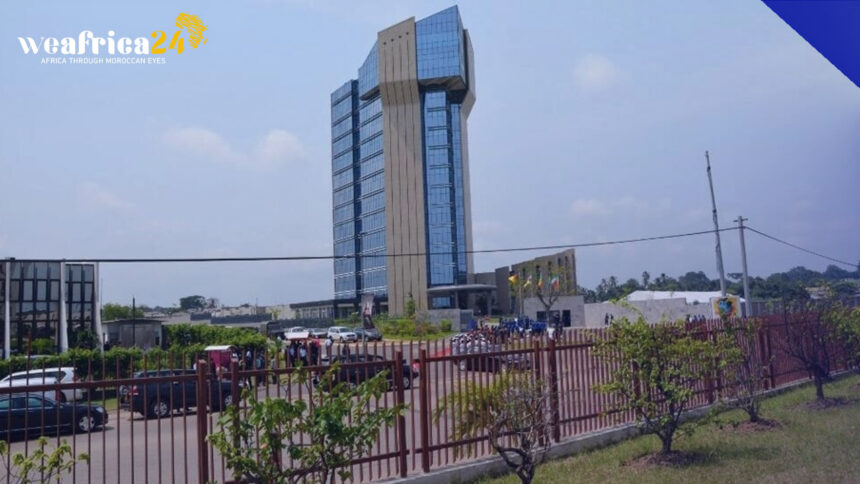Celebrating its 30th anniversary, the Economic and Monetary Community of Central Africa (CEMAC) reflects on its journey. To mark the occasion, a ceremony is scheduled for Saturday, March 16th, in Bangui, the capital of the Central African Republic.
Faustin-Archange Touadéra, President of the Central African Republic and Chair of the CEMAC Conference of Heads of State is expected to deliver a speech assessing the regional integration efforts, revealing a decidedly mixed review.
Three decades ago, in N’Djamena, Chad, six Central African countries (Cameroon, Central African Republic, Congo-Brazzaville, Equatorial Guinea, and Chad) established CEMAC to enhance trade and harmonize customs regulations.
However, the passage of time has exposed numerous challenges facing CEMAC. Some critics view the organization as merely an administrative union. While measures have been implemented to facilitate the free movement of goods and people, such as the introduction of a common passport in 2017, practical implementation remains complex.
The limited powers of sub-regional institutions hinder decision enforcement, exacerbated by inadequate infrastructure, particularly in road and electricity networks, hindering effective interconnectivity between member states.
As a result, CEMAC stands as one of the least integrated economic blocs on the continent. While its members engage in 80% of their trade with external partners like China, Russia, and Europe, intra-regional trade accounts for a mere 4%. Despite regional integration being a fundamental tenet of the organization, its realization remains a distant prospect.
The anniversary serves as an opportunity for introspection, urging renewed commitment to overcoming these challenges and realizing the vision of a more integrated and prosperous Central Africa. As CEMAC navigates its fourth decade, addressing these issues will be imperative to unlock the region’s full economic potential and foster sustainable development.







